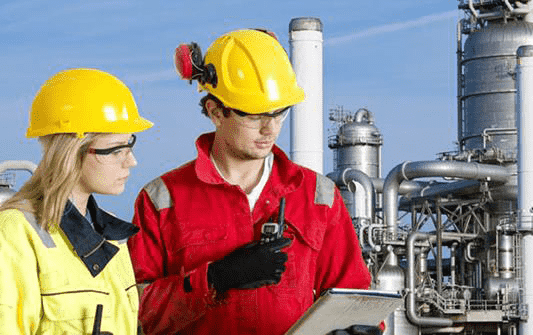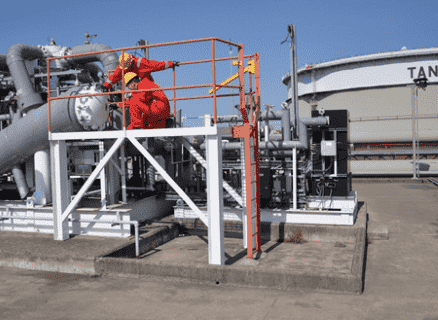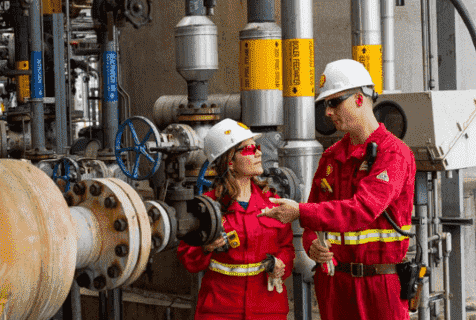COURSE OVERVIEW
PE0422 : Refinery SRU, Tail Gas Treating, Sour Water & Amine Recovery Units

OVERVIEW
| COURSE TITLE | : | PE0422 : Refinery SRU, Tail Gas Treating, Sour Water & Amine Recovery Units |
| COURSE DATE | : | Mar 03 - Mar 07 2024 |
| DURATION | : | 5 Days |
| INSTRUCTOR | : | Dr. Fahim Jauhary |
| VENUE | : | Istanbul, Turkey |
| COURSE FEE | : | $ 6000 |
| Request For Course | ||
Course Description
This practical and highly-interactive course includes real-life case studies and exercises where participants will be engaged in a series of interactive small groups and class workshops. Hydrogen sulfide, carbon dioxide, mercaptans and other contaminants are often found in natural gas streams. H2S is a highly toxic gas that is corrosive to carbon steels. CO2 is also corrosive to equipment and reduces the Btu value of gas. Gas sweetening processes remove these contaminants so the gas is suitable for transportation and use. Acid gases that are produced from the low-temperature methanol absorption and the sour water stripping processes from the sour water stripping and amine absorptionregeneration processes in the refining industry contain highly concentrated gaseous H2S and organosulfur compounds. The tail gas treating unit converts the small amount of sulfur compounds (< 5%), which were not converted in the sulfur recovery unit (SRU), into hydrogen sulfide (H2S) and recycles it back to the SRU for additional processing. The SRU tail gas is heated and sent to the catalytic reactor where essentially all of the sulfur compounds are converted into H2S. The gas from the catalytic reactor is cooled in the waste heat exchanger and the quench tower. Excess water is removed in the cooling process and is sent to the sour water stripper.
TRAINING METHODOLOGY
This interactive training course includes the following training methodologies:
LecturesWorkshops & Work Presentations
Case Studies & Practical Exercises
Videos, Software & Simulators
In an unlikely event, the course instructor may modify the above training methodology for technical reasons.
VIRTUAL TRAINING (IF APPLICABLE)
If this course is delivered online as a Virtual Training, the following limitations will be applicable:
| Certificates | : | Only soft copy certificates will be issued |
| Training Materials | : | Only soft copy materials will be issued |
| Training Methodology | : | 80% theory, 20% practical |
| Training Program | : | 4 hours per day, from 09:30 to 13:30 |
RELATED COURSES

PE0010 : Oil Movement, Storage & Troubleshooting
- Date: Jan 25 - Jan 29 / 3 Days
- Location: Kuwait City, Kuwait
- Course Details Register

PE0050 : Elements of Applied Process Engineering
- Date: Jan 26 - Jan 30 / 3 Days
- Location: Cairo, Egypt
- Course Details Register

PE0785 : Refinery Operational Economics, Planning & Profitability
- Date: Jan 26 - Jan 30 / 3 Days
- Location: Doha, Qatar
- Course Details Register

PE0640 : Troubleshooting Process Operations
- Date: Jan 26 - Jan 30 / 3 Days
- Location: Doha, Qatar
- Course Details Register
